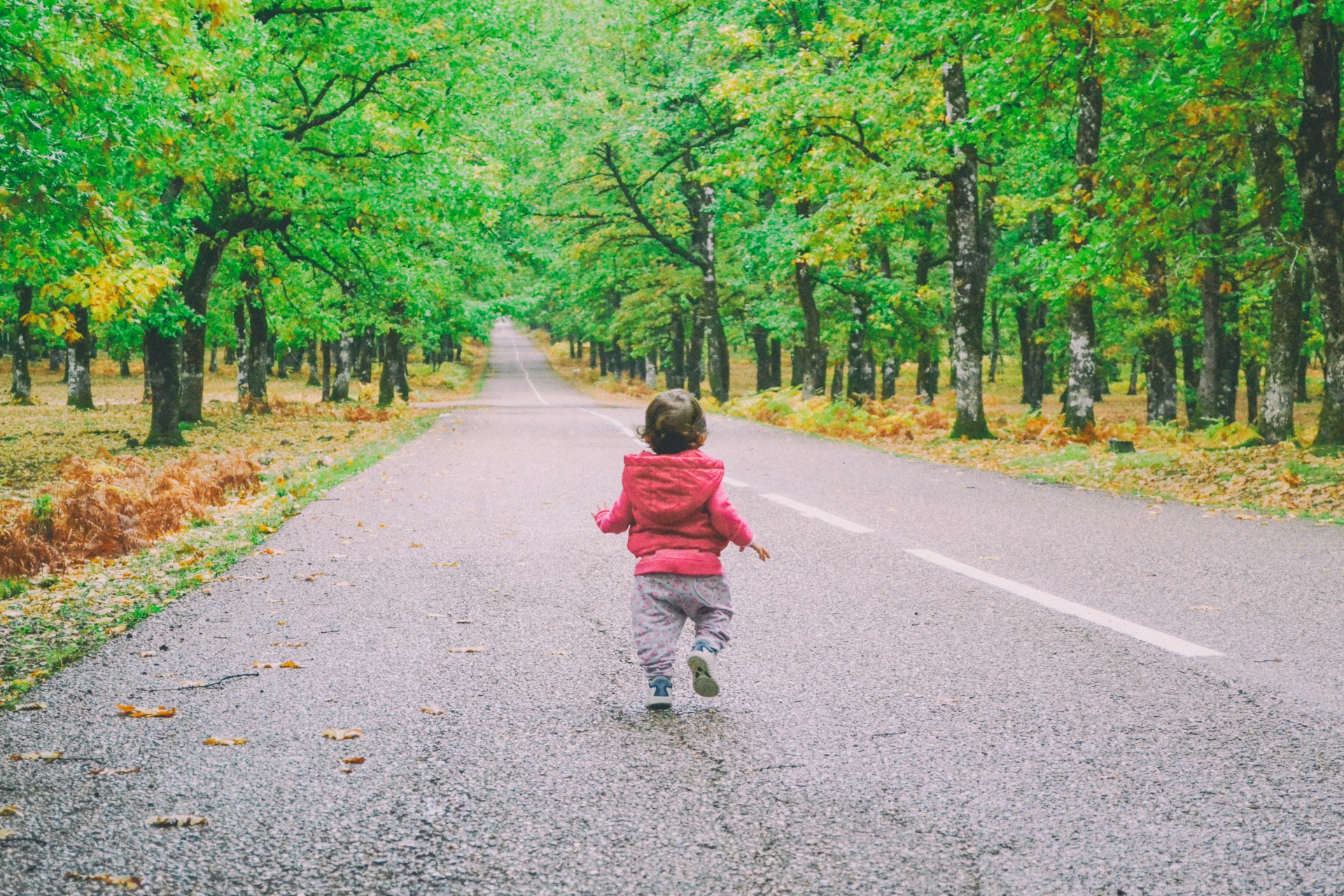Toddle –To walk with short, unsteady steps
By Amy Barr with The Lukeion Project
All three of my clever competent children have successfully made it to adulthood in one piece. When they were toddlers, I was not so sure they would cross that finish line. When children learn to walk and then go careening into their new world to explore, their development is nothing short of death-defying. There will be endless head-bonks. Gravity will be challenged. Cats, houseplants, fragile items, and parental patience will be fully tested. Learning to toddle out into the world requires trial and error. Success is almost certain unless a toddler is kept too safe. Trial and error are necessary.
Fast forward to a person’s school years when new challenges line up. Failures are not measured by toppled chairs or head bonks (at least not too often), but challenges remain necessary for those who want success.
Children who will learn to cook must be able to chop food (with a knife!) and use a stove. Those who take up a new instrument will experience plenty of sour notes. Everyone who wants to learn dance or to excel in gymnastics, will endure more than a few sore ankles and stubbed toes. Want to learn to ride a bike, use roller skates, master a skateboard, or play football? Get ready for bonks, bruises, and broken bits. It is normal. It is required! Nobody expects to be the top gymnast, execute a 180 heelflip, or score a winning touchdown before loads of challenging work and a stack of failures.
We humans expect consistent setbacks when learning new physical skills, but do not offer ourselves the same grace when mastering new academic skills.
As we progress through our education, we decide about our skillsets too quickly. We learn to self-identify as math or science kids, “bookworms,” “creatives,” or “jocks” even though we must all master math, physical activities, literature, writing or expression. We must all get in touch with our own creativity plus a bit of biology and botany.
Few of us become a polymath, one whose knowledge spans a substantial number of subjects and draw on complex bodies of knowledge. Why? We interpret academic bonks and bruises differently; we think they are proof that we will never be good at something academic.
“Ugh! I get mediocre grades in algebra, I’m just not a math person.”
“Yuck, I never do well on written projects. These are too difficult.”
“My creative project wasn’t half as good as everyone else’s. I guess I’m not creative.”
What if we let our academic bonks and bruises serve us the same way they do when learning physical skills? Do you regularly miss deadlines? Let that bonk teach you new ways to manage time. Do you often miss details on tested subjects? Produce new mastery technics that suit your brain best. Do you lose interest and focus during reading assignments? That bruise is not there to get you to stop reading but tell you it is time to find coping mechanisms that help you retain focus throughout a whole assignment.
Finally, do not fall for the poor advice that you are perfect just the way you are, no more effort needed. You and I both know that you would prefer to feel confident about things that interest you and you would rather feel at least competent in things that interest you less. Humans are happiest when we are toddling forward, learning new things, and acquiring new skills. Bruises and bonks let us know when to strengthen ourselves in some way so we can become proficient, then competent, and then finally confident. Failure is a valuable learning tool.

.jpg)





